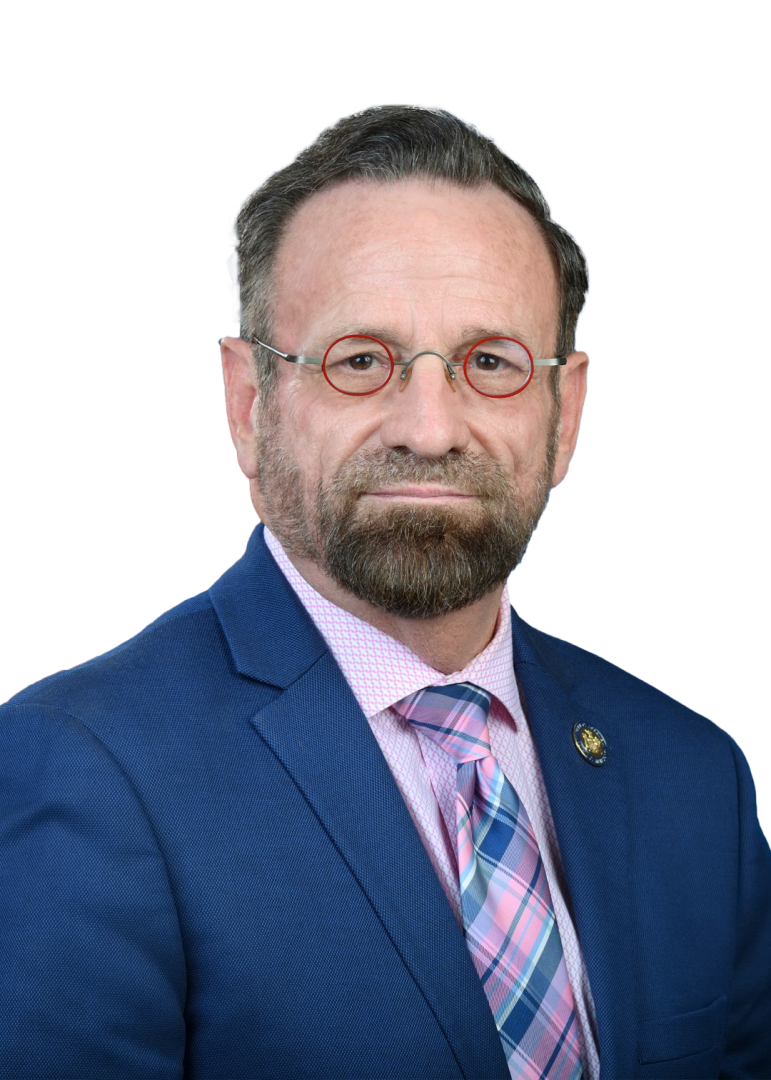Assemblymember Bronson Passes 2013-14 Budget That Creates Jobs, Helps Small Businesses and Families
Assemblymember Harry B. Bronson (D-Rochester/Chili/Henrietta) helped pass the 2013-14 state budget that includes significant tax relief for families and small businesses (A.3007-D, A.3009-D).
Keeping NY affordable for millions of hardworking families
To continue providing a fairer tax system in New York, the 2013-14 state budget extends the current tax rate first implemented in 2012, locking in the lowest tax rate for middle-class families in 60 years. Approximately 4.4 million taxpayers, more than 99 percent of those filing statewide, will benefit from $690 million in tax relief stemming from the tax restructuring, which is why this multi-year extension is so critical for hardworking families, Assemblymember Bronson noted.
The budget extends this middle-class tax cut for three additional years and pays for it by requiring those making over $2 million per year – less than 1 percent of all New York residents – to pay their fair share.
Tax cuts for small businesses
In a continued effort to make New York more business-friendly and create jobs, the budget provides tax relief measures to the business community that will phase out the 18-A utility assessment surcharge; by fiscal year 2017-18, the savings for utility customers will reach $500 million.
“This tax cut will help many small businesses thrive and send a message that New York welcomes new businesses,” Assemblymember Bronson said. “This cut will provide financial relief and allow businesses to hire more employees, creating jobs in our region.”
Tax credits for hiring the unemployed
The state budget will renews the inner-city youth employment program, a $24 million tax credit over four years for employers who hire unemployed Rochester youth 16 to 24 years of age.
The program and tax credit will be available to employers in the clean energy, health care, advanced manufacturing and conservation industries. Eligible employers will receive up to $4,000 per employee if they retain the workers for an entire year. The program will be extended through 2017.
“Too often, young people have a difficult time finding employment,” Assemblymember Bronson said. “This tax credit will benefit our young people by providing them with the opportunity to get the valuable work experience they need and deserve.”
Raising the minimum wage
The 2013-14 state budget increases the state’s minimum wage to $9.00 per hour by 2016. The wage will gradually increase over the next three years from $7.25 to $8.00 per hour on Dec. 31, 2013; to $8.75 on Dec. 31, 2014; and then to $9.00 per hour on Dec. 31, 2015.
“Hardworking men and women simply cannot support a family on $7.25 an hour,” Assemblymember Bronson said. “Increasing the minimum wage to $9.00 will help many families in our area and provide a much-needed boost to our local economy.”
The increase to the minimum wage will directly benefit 925,000 New Yorkers currently earning below $9.00 an hour, which is over 10 percent of the state’s employed population.i A worker making the current minimum wage of $7.25 per hour earns just over $15,000 annually if they work 40 hours per week for all 52 weeks in a year. Under the new law, minimum-wage earners working full time would earn about $16,640 beginning Dec. 31, 2013; roughly $18,200 beginning Dec. 31, 2014; and roughly $18,720 beginning Dec. 31, 2015.
i. www.assembly.state.ny.us/ssspolicy/2013minwage.pdf
